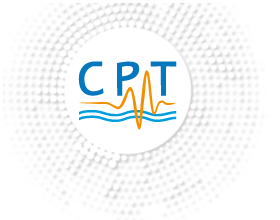Agenda
Mercredi 18 mai 2022
Les Rencontres de Physique des Particules
We have the pleasure to announce the 2022 session of the Rencontres de Physique des Particules (RPP) meeting that will be held at the Institute Denis Poisson, University of Tours, from 17 to 19 May 2022.
Les Rencontres de Physique des Particules is an annual meeting of scientists working in France in the field of high energy theoretical physics. It provides the participants with the opportunity not only to present their research topics but also to make contact with the latest developments in adjacent fields : hadronic physics, QCD, electroweak physics, leptons and flavours, theories beyond the standard model, astro-particle physics, etc. The talks are expected to be addressed to people outside the collaboration(s) and focus on the salient issues of the topic.
Registration will be open until April 24, 2022. We invite interested participants to also submit an abstract for a talk (20 minutes) in the section "Abstract submission". The deadline for abstract submission is May 3, 2022.
Further information and registration procedure can be found on the RPP website
Is the optimal rectangle a square ?
David Krejcirik (Czech Technical University in Prague, Czech Republic)
We give a light talk on an optimality of a square in geometry and physics.
First, we recollect classical geometric results that the square
has the largest area (respectively, the smallest perimeter)
among all rectangles of a given perimeter (respectively, area).
Second, we recall that the square drum has the lowest
fundamental tone among all rectangular drums of a given area or perimeter
and reinterpret the result in a quantum-mechanical language of
nanostructures.
As the main body of the talk,
we present our recent attempts to prove the same spectral-geometric
properties
in relativistic quantum mechanics, where the mathematical model
is a matrix-differential (Dirac) operator
with complex (infinite-mass) boundary conditions.
It is frustrating that such an illusively simple
and expected result remains unproved
and apparently out of the reach of current mathematical tools.
